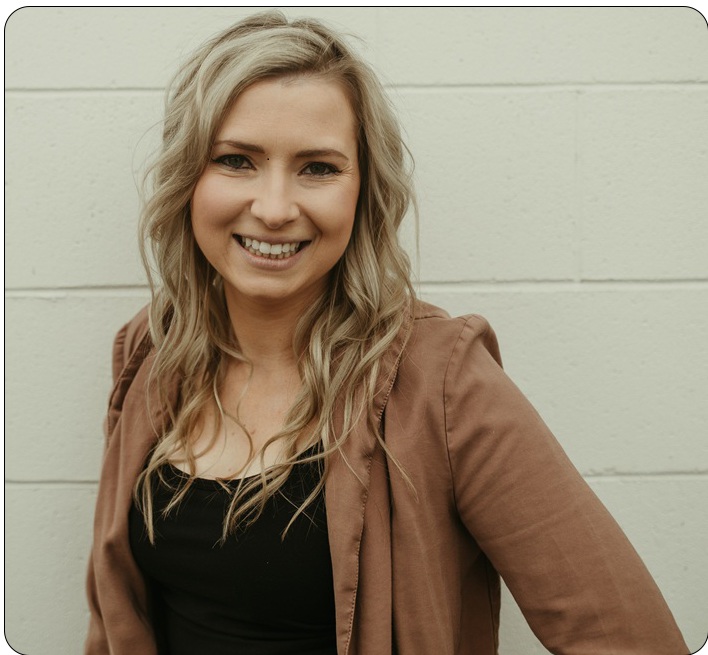Beyond your down payment: Preparing for closing costs

Your clients will certainly appreciate it if you help them buy a property they can truly afford and minimize the surprise about costs they may encounter. Please share this article with your clients by downloading this PDF. It explains what they need to know about closing costs.
Saving to buy a home is so much more than putting together a down payment. Down payments receive all the attention as you save to buy a property.
If you take some time to plan for other expenses related to closing on your property, you won’t be surprised by the actual amount you should have set aside, on top of your down payment. According to ratehub.ca, you’ll need your down payment plus 1.5% to 4% of the property purchase price for closing costs and other expenses. That’s a lot of extra money you may not have planned to spend.
Costs before closing
There are some expenses that come up before you make the down payment.
Home inspection fee
When making an offer on a previously owned home, a home inspection is often a condition of the offer. A home inspector will go over the house and provide a report about the condition of the home. Costs for this service will vary but you should plan for $300 minimum.
Deposit
You will need to give the seller a deposit when you make an offer on the property. Once the offer is accepted, the deposit is placed in trust until the closing of the sale and is applied toward the down payment. So, this isn’t additional money you need to save, but you will need to have the funds ready. Remember, making an offer is looked at as a contract of sorts. If you are the reason the sale fails to close, the seller may be entitled to keep the deposit as compensation.
Appraisal fee
An appraisal estimates the fair market value of a property. A financial institution may want an appraisal of the property to ensure the mortgage is not worth more than the property. An appraisal is not usually required for insured mortgages (those with a down payment of less than 20%), but, according to CMHC, a professional appraisal may be required if a more in-depth assessment of the value of the property is needed. An alternative lender, like Bridgewater Bank, specializes in uninsured alternative mortgages, which means you provide a minimum 20% down payment and an appraisal.
Closing costs
Closing costs are expenses that must be paid at the time the title of the property is transferred to you. Here are the typical closing costs you should be prepared for:
Legal Fees
You will need a lawyer to help finalize the sale, prepare the mortgage documents, and protect your interests. Fees will include the lawyer’s time and disbursements incurred during the transfer of the property.
Land transfer tax
Most provinces (besides Alberta and Manitoba) collect a land transfer tax, and the amount varies by province and the value of the property. You can use a land transfer tax calculator to estimate the amount you’ll need to set aside.
Title Insurance
The lender may require you to have title insurance as protection against losses of a property ownership dispute, should there be one.
Property Tax Adjustments
Both the buyer and seller are responsible for paying property taxes for the portion of the year that they own the property. If the seller has pre-paid taxes for any months after the sale date, you will need to reimburse the seller for those costs.
Interest Adjustments
Depending on the payment schedule for your mortgage, the closing date of the sale may not be the date of the first mortgage payment. Interest accrues on the mortgage principal from the date the mortgage funds are advanced to the date of the first payment date.
Other homeownership costs to consider
Most home buyers will have worked out a budget to pay for monthly expenses, such as their mortgage payments, property taxes and utilities. There may be costs such as homeowner association dues or septic tank testing and maintenance, which will vary according to the type of property and its location. There are also costs associated with moving, connection fees, renovations, landscaping, and purchases to maintain your home.
You may not be aware of the extra costs associated with things that tend to pop up right before possession or in that first month of homeownership. Here are two costs that you will need to be prepared for:
Mortgage Insurance
Mortgages with less than a 20% down payment must be insured through a high ratio mortgage insurance provider, such as Canadian Mortgage and Housing Corporation (CMHC) or Sagen (previously known as Genworth). You can opt to pay this money upfront or include it as part of the mortgage. Paying it upfront costs less over the long run because if it is added to the mortgage, you will pay interest on it. As a side note, if the purchase is in a province with PST, the PST on the insurance must be paid upfront.
Home Insurance
Lenders require that all mortgages be insured against fire and other damage. You will need to purchase home insurance and provide proof to the lender.
Plan for closing costs
All of these extra costs can add up to thousands of dollars. Consider that 1.5% to 4% of a $400,000 property is $6,000 to $16,000. So, preparing for these costs will keep your stress lower, and you can plan for the amount you really need to save. This is especially true for first-time homebuyers who have never been through the mortgage process.
There are several closing cost calculators available online to help you plan for the additional costs that will apply to your situation.
Work with your mortgage broker
Your mortgage broker is there to support you and help you navigate the journey to homeownership. Please ask any questions you have so you feel you understand the steps in purchasing your property.










